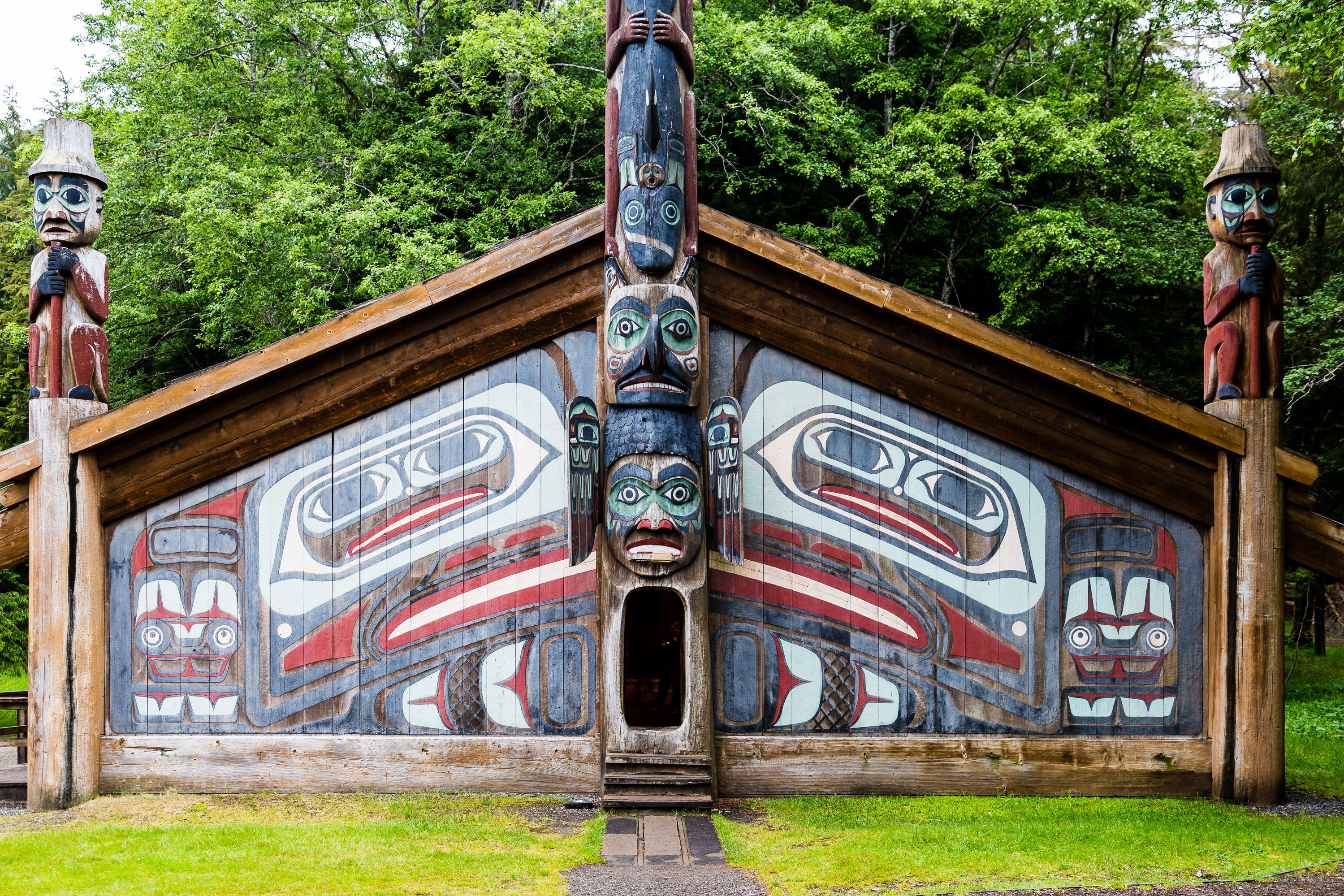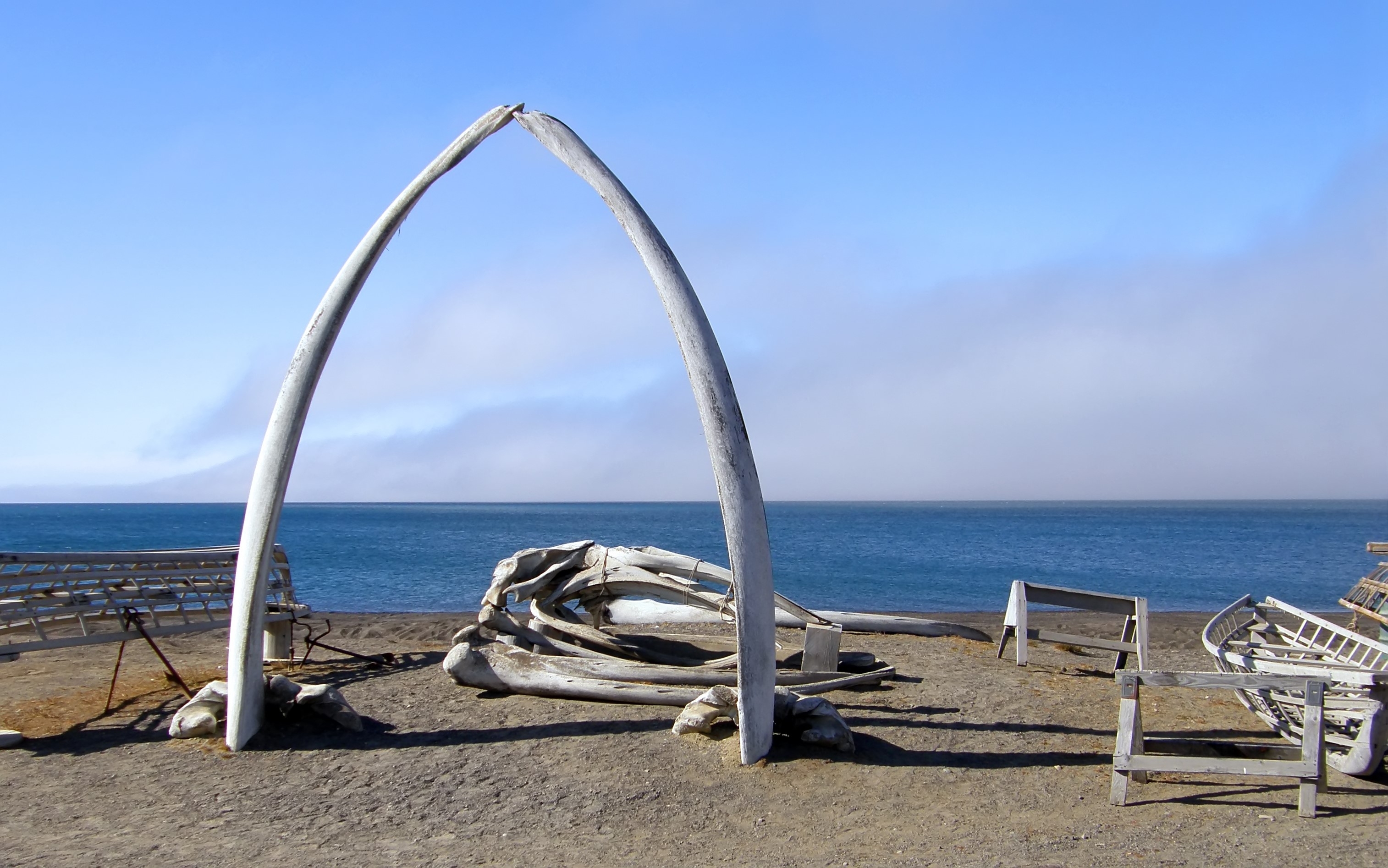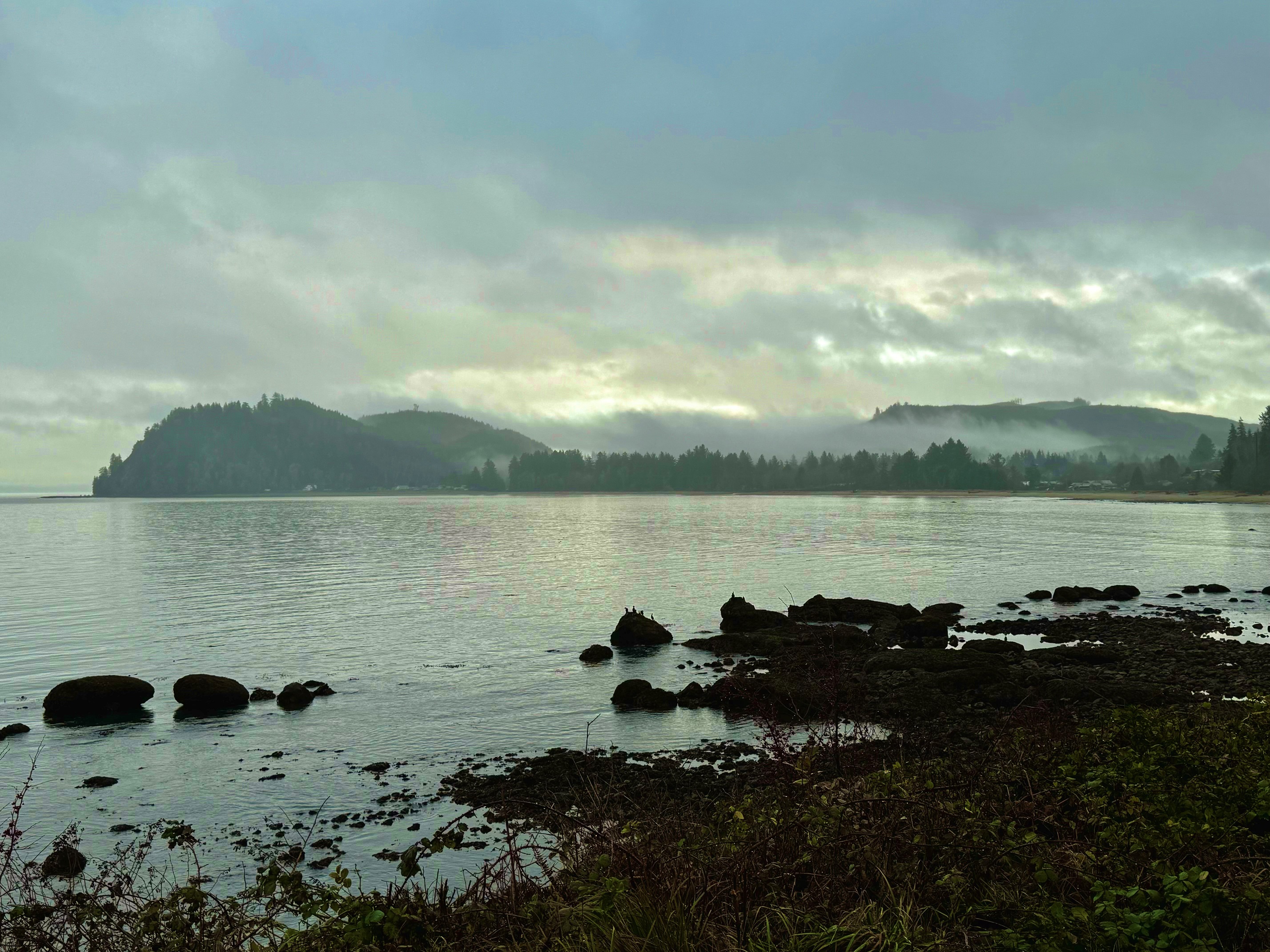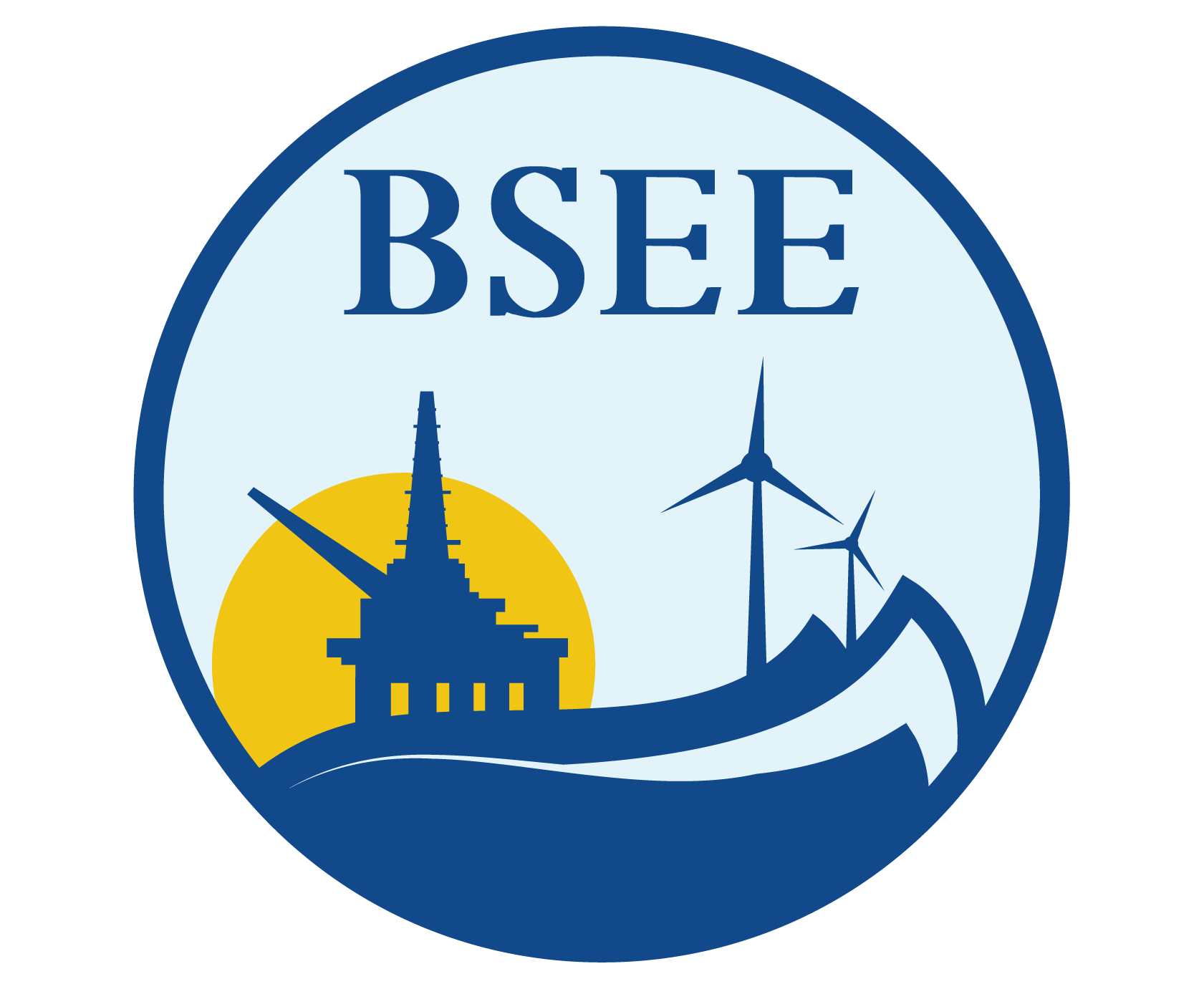Engagement
Federally recognized Indian Tribes are sovereign nations exercising government-to-government engagement with the United States. These engagements can take the form of either informal dialogue or legally required consultation. The Bureau of Safety and Environmental Enforcement (BSEE) Tribal Liaison Officer serves as the bureau official for BSEE’s National Tribal Engagement Program and primary point of contact with Tribes, Alaska Native Claims Settlement Act (ANCSA) Corporations, and the Native Hawaiian Community.
BSEE actions on the Outer Continental Shelf (OCS) could have Tribal Implications. Tribal consultations can identify the legal rights of Indigenous Peoples that may be impacted by Federal actions, BSEE implements consultation policies through formal government-to-government consultations and informal dialogue, robust collaboration, and meaningful engagement. BSEE is committed to maintaining open and transparent communications with Tribal governments, ANCSA Corporations, the Native Hawaiian Community, and other Indigenous communities. BSEE emphasizes trust, respect, and shared responsibility as part of a deliberative process to promote effective collaboration, transparent, and informed decision-making.
The ancestors of today’s Tribes occupied vast areas of land and depended on nearby ocean resources, even prior to both sea level rise at the end of the last ice age and interaction with the U.S. government. BSEE activities are proposed and conducted in the OCS. Many Indigenous Peoples have historical ties to areas where BSEE activities are proposed and conducted although they may no longer be physically located near the area. It is important to note the impact that the history of Federal law and policy has had on Tribal access to ancestral lands. Policies such as the Indian Removal Act of 1830 resulted in mass removal of Native Americans from their lands. These types of actions continue to have long-lasting impacts on Tribes and their relationship with the Federal government.


-
BSEE Tribal Consultations
The Bureau of Safety and Environmental Enforcement (BSEE) is committed to meaningful consultations with Tribal Nations, Alaska Native Claims Settlement Act (ANCSA) Corporations, and the Native Hawaiian Community. These consultations are designed to:
• Uphold the federal government’s trust and treaty responsibilities to American Indian Tribes, Alaska Natives, and the Native Hawaiian Community.
• Honor the unique government-to-government relationship with Tribal Nations, government-to-corporation relationship with ANCSA Corporations, and government-to-sovereign relationship with the Native Hawaiian Community.
• Directly engage and listen to leaders and representatives of Tribal Nations, ANCSA Corporations, and the Native Hawaiian Community.
• Ensure consultation processes reflect the needs and concerns of Tribal, ANCSA Corporation, and Native Hawaiian representatives and that input is thoughtfully considered and integrated.

Current Consultation Topics
2025 Regulatory Agenda
The Unified Agenda of Federal Regulatory and Deregulatory Actions outlines federal regulations currently under development or review. BSEE invites input on its 2025 regulatory agenda and individual rulemaking actions. For detailed information:
1.) Visit the Unified Agenda website.
2.) Select "Department of the Interior" from the dropdown and click "submit."
3.) Find BSEE rulemakings listed under the agency name "DOI/BSEE."
4.) Click the hyperlinked Regulatory Identification Number (RIN) for further details on specific rulemaking actions.BSEE has provided comprehensive letters and regulatory tables for reference:
Bureau of Safety and Environmental Enforcement – Regulatory Agenda table
Proposed Rulemaking: Revisions to Subpart J – Pipelines and Pipeline Rights-of-Way
Regulatory Identification Number 1014-AA45
BSEE regulates offshore oil and gas pipelines on the Outer Continental Shelf (OCS) to ensure operators conduct their activities safely and in an environmentally sound manner. Regulations governing pipeline activities—from permitting and installation to eventual decommissioning—are detailed in 30 CFR 250 Subpart J.
BSEE plans significant updates to these pipeline regulations, incorporating modern industry standards, existing BSEE policies, and updated conditions for approvals to enhance safety and environmental stewardship.
Tribal Nations and ANCSA Corporations were notified about this rulemaking effort in July 2025:
AA45 Subpart J Pipelines – Proposed Rulemaking Tribal Nations Letter (July 1, 2025)
AA45 Subpart J Pipelines – Proposed Rulemaking ANCSA Corporations Letter (July 1, 2025)
BSEE respectfully requests consultation requests be submitted by July 31, 2025.Previous Consultations
Sub-part J Pipelines Rights-of-Way Rulemaking
The Bureau of Safety and Environmental Enforcement (BSEE) would like to invite you or your designee to participate in Government-to-Government consultations concerning an upcoming rulemaking that would propose to revise the existing regulations governing Pipelines and Pipeline Rights-of-Way. Please let us know if you have any questions or wish to engage in formal consultation by contacting BSEE’s National Tribal Engagement Program, tribalengagement@bsee.gov
Consultation Request: BSEE Proposed Rule Making
1014-AA-44 Oil-Spill Response Requirements for Facilities Located Seaward of the Coast Line
The Bureau of Safety and Environmental Enforcement would like to invite you or your designee to participate in Government-to-Government and Government to ANCSA Corporation consultations concerning an upcoming rulemaking that would apply to oil spill response requirements for facilities located seaward of the coastline. BSEE is initiating this rulemaking to address the regulatory gaps identified by multiple investigations and studies following the Deepwater Horizon incident. Additionally, the proposed rule would implement recommendations of those reports and studies to advance oil spill response best practices. We are able to meet at your convenience by or before May 15, 2023, please contact our Tribal Liaison Officer, Jack Lorrigan at 907-738-3743 or jack.lorrigan@bsee.gov to request a time to meet. Additional information regarding the AA-44 rule can be found in the consultation letters below.
AA-44 Request for Consultation Letters
-
Tribal Liaison Officer
Bronia E Ashford
(202) 208-7251Tribal Coordinator
Amanda Garrison
(720) 625-9769Federal Preservation Officer
Doug Jones
Gulf of America Tribal Liaison
(571) 567-0619Regional Tribal Liaisons
Sara Guiltinan
Pacific Regional Tribal Liaison
(805) 515-6605Doug Jones
Gulf of America Tribal Liaison
(571) 567-0619Amanda Garrison
Alaska Regional Tribal and
Community Liaison
(720) 625-9769
Tribal Engagement
Eastern Seaboard Tribal LiaisonPlease use the email below to contact the National Tribal Engagement Program: tribalengagement@bsee.gov
National Response Center Tribal Notifications
Tribes with NRC agreements in place will receive spill notifications based on selected incident criteria contained in the agreement application. To apply for an NRC Agreement, please email nrc@uscg.mil or fax (202) 267-1322. Additional information can be found on the National Response Center website below.
